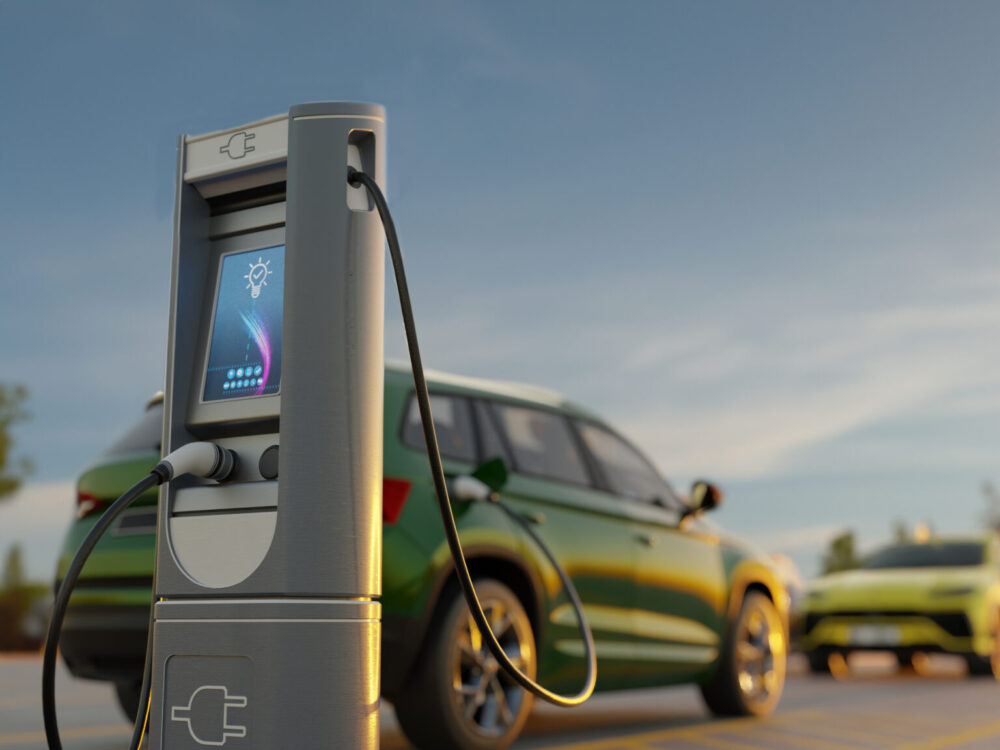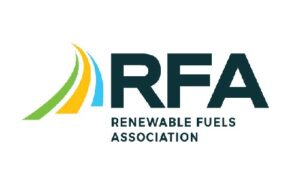Flex-fuel vehicles are here. Well, almost.

Automakers in India are set to launch flex-fuel vehicles (FFVs) by late 2024 as part of the government’s push to promote biofuels and reduce reliance on oil imports. These vehicles will run on ethanol blends, including E85 (85% ethanol) and E100 (pure ethanol). Companies like Yamaha, Hero MotoCorp, Mahindra & Mahindra, and Maruti Suzuki are preparing FFV models
Automakers are gearing up to launch a range of flex-fuel vehicles (FFVs), which can run on a variety of fuels, starting this year-end as the government aggressively promotes biofuels to cut emissions and reduce the country’s dependence on costly oil imports.
Automakers have committed to support these goals, with each two-wheeler and four-wheeler manufacturer rolling out plans for mass production of at least one FFV starting late 2024. These products will also help them meet the government’s strict CO2 emissions norms, two people with direct knowledge of the matter told Mint.
Flex-fuel vehicles are fitted with combustion engines that can run on more than one type of fuel. Typically, they can operate on a blend of petrol (gasoline) and ethanol, ranging from pure gasoline (E0) to ethanol-blended fuels such as E85 (85% ethanol and 15% gasoline) or even pure ethanol (E100).
Two-wheeler makers such as Yamaha, Hero MotoCorp, Suzuki, Bajaj Auto, and Royal Enfield showcased flex-fuel vehicles that can run on up to 85% ethanol-blended fuel (E85) earlier this year and are preparing to release one FFV two-wheeler model by the end of the year, while major carmakers like Mahindra & Mahindra, Maruti Suzuki, and Toyota have showcased flex-fuel versions of some models at the Bharat Mobility Global Expo 2024.
The people cited earlier added that Tata Motors has been testing flex-fuel vehicles in Pune, and Hyundai Motor India has also committed to readying an E100 FFV model by late 2025-early 2026 for the Indian market, depending on the commercial availability of ethanol and the right enablers for the technology’s adoption being in place.
Hyundai Motor India declined to comment on an emailed query sent to the company. Mint was yet to receive a response from Tata Motors about its FFV plans by press time.
‘Foot in the door strategy’
“Launching a product can be a “foot in the door strategy” indicating we are open and ready. Many a time these products might be an incremental change to existing products – which is doable and incremental effort. But that would not shift or disrupt the market and will require a plan to build a portfolio of vehicles over the coming years. More importantly, one needs to also assess the readiness of our fuel network and supply chain to check if they are geared to make a full shift towards flex fuel regime,” Rahul Mishra, partner, Kearney, said.
The automotive industry has been seeking policy support to ensure a successful commercial adoption of these vehicles. Two critical enablers for this are fuel availability and pricing. The Society of Indian Automobile Manufacturers (SIAM) has requested the government to provide a clear roadmap for E85 fuel availability and to ensure that ethanol-blended fuel is priced competitively—about 35% cheaper than traditional petrol to maintain cost-per-kilometre parity with E10 fuel, the people said.
Moreover, automakers are pushing for the adoption of RON95 fuel nationwide to optimize engine performance and comply with E20 (20% ethanol) standards.
In the context of ethanol-blended fuels, using RON95 fuel, which is a measure of the quality and performance of gasoline, ensures compatibility with higher ethanol blends like E20 (20% ethanol), which can affect engine performance.
While the ethanol programme shows promise, industry insiders stress that without clarity on fuel distribution and pricing, the adoption of FFVs might face delays.
The government is stepping in to address these concerns.
Preparedness assessed
Union minister for road transport and highways Nitin Gadkari chaired a meeting with representatives of SIAM on Tuesday to assess the industry’s preparedness in bringing in flex-fuel vehicles which can run on E20 to E100 fuel to the market commercially.
The government is actively promoting ethanol as a cleaner alternative to fossil fuels, targeting a 20% blend in petrol by 2025, up from the existing 10%. Indian Oil Corp. Ltd, the leading fuel supplier in the country, has already opened 400 E100 fuel stations across Uttar Pradesh, Tamil Nadu, Maharashtra, and Karnataka, building an infrastructure essential to enhancing the accessibility of ethanol and support a wider adoption of flex-fuel vehicles.
Automakers are also seeking clarity on how FFVs will contribute to Corporate Average Fuel Efficiency (CAFE) standards, which seek to lower fuel consumption or raise fuel efficiency of vehicles, proposing that the biogenic carbon reduction (removal of carbon dioxide from the atmosphere by storing in biological matter like plants and soil) from ethanol-blended fuels be accounted for to help them meet carbon emissions targets.
Source Link : https://www.livemint.com/news/india/flexfuel-vehicles-ethanol-petrol-diesel-11729243209677.html
















